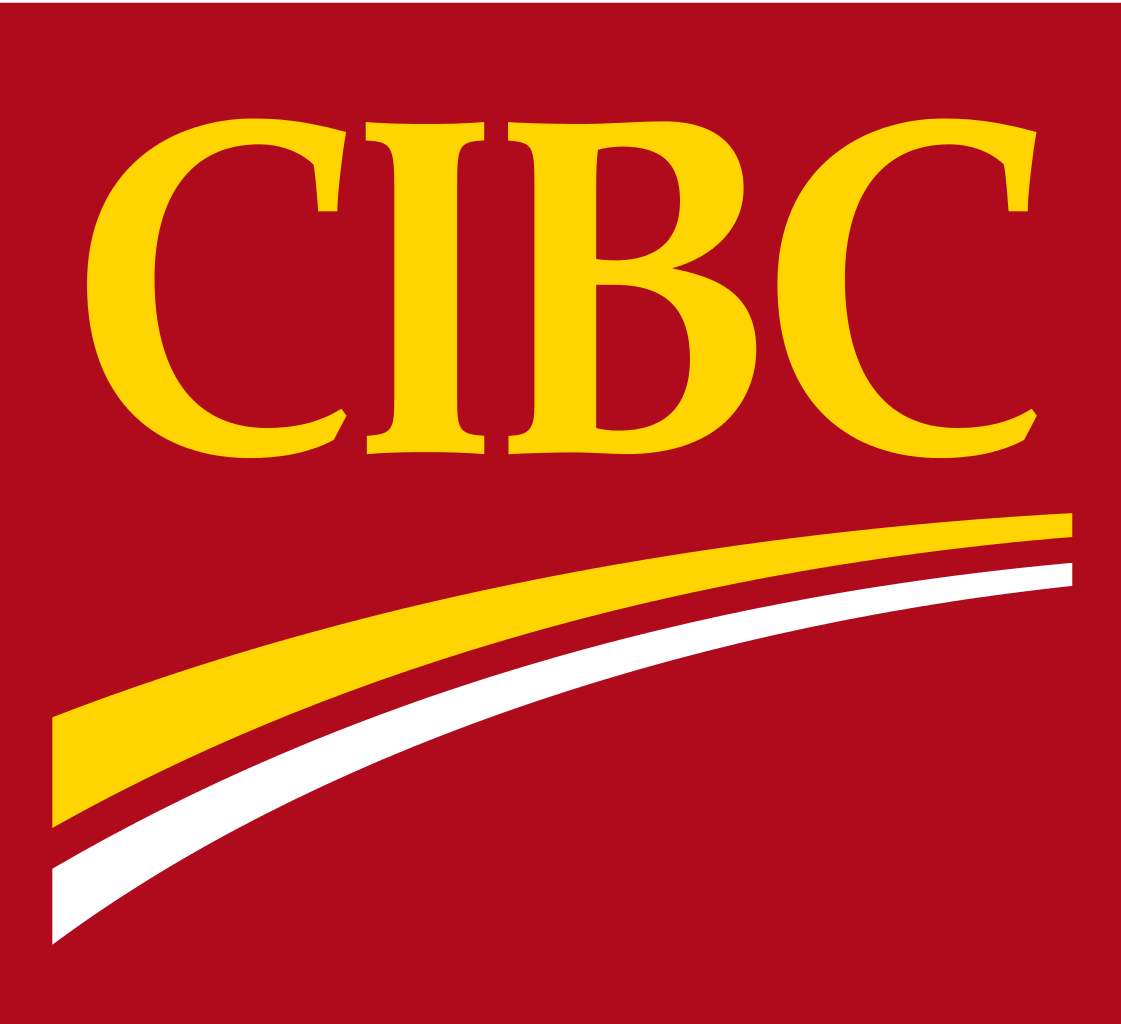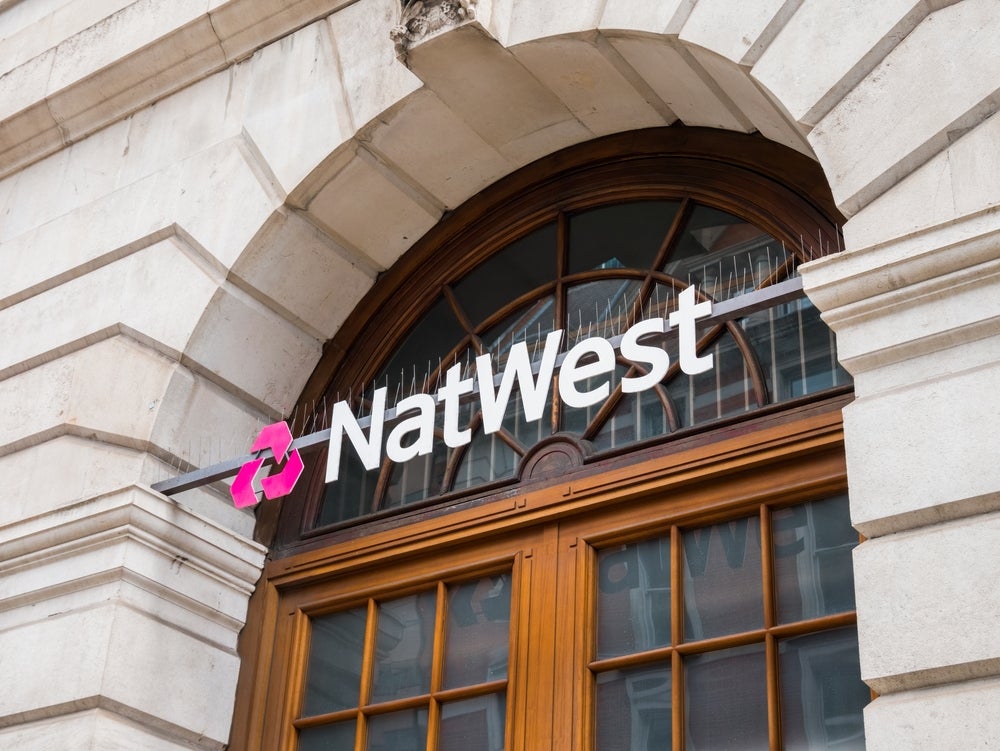
CIBC has been on a digital transformation journey since 2010, in common with other major Canadian banks. Its strategy involves partnering with Canadian fintechs for leading-edge digital innovation to supplement its in-house development efforts. Robin Arnfield talks to Greg Elcich, Vice President, Enterprise Innovation at CIBC
CIBC’s development initiatives involve a mixture of in-house acceleration programmes, partnerships with fintechs, and collaboration across in-house teams.
Like all banks, CIBC has had to respond very quickly to the unprecedented constraints and demands caused by COVID-19. Since early April 2020, CIBC has offered a fully digital application process for business clients eligible for the Canada Emergency Business Account (CEBA), as part of the government’s C$25bn SME loan programme. This allows CIBC’s small business customers to apply for the CEBA in minutes via online banking, with funds deposited directly to their CIBC Business Operating Account.
CIBC has managed to mobilise its call centres to respond to the significant increase in calls and livechats, as customers apply for financial relief from the bank (https://www.cibc.com/en/personal-banking/advice-centre/covid-19.html#reliefprograms) and access information on government aid packages such as the Canada Emergency Response Benefit.
CIBC: major rise in digital engagement in Q1
The bank’s investment in its mobile banking platform has paid off, as customers shift to its digital channels from branches and call centres. CIBC says that 90% of its customers’ routine banking transactions took place digitally in Q1 2020, up from 81% in Q4 2019.
RBI: Please could you talk about your approach to innovation and fintech development.
How well do you really know your competitors?
Access the most comprehensive Company Profiles on the market, powered by GlobalData. Save hours of research. Gain competitive edge.

Thank you!
Your download email will arrive shortly
Not ready to buy yet? Download a free sample
We are confident about the unique quality of our Company Profiles. However, we want you to make the most beneficial decision for your business, so we offer a free sample that you can download by submitting the below form
By GlobalDataGreg Elcich : CIBC’s approach to innovation involves aligning its resources with its client-focused business strategy. We’re very selective about what we pursue, as our clients and stakeholders’ needs are continuously changing. Friction points for clients today aren’t the same as 10 or even 5 years ago, which means our processes for developing solutions need to change as well.
Our approach is to identify client problems and friction points in the first instance, and then consider how we can solve them. We also know that innovation doesn’t happen alone. Accepting the rapid growth of fintechs globally, CIBC has chosen to take an active role in partnering with fintechs to create solutions for our clients.
At CIBC, we’ve created a strategic framework for solving problems and ensuring we work with fintechs where the partnership is mutually beneficial. It’s a thoughtful approach, investing in talent and working across the bank with different partners.
Our framework allows us to rapidly design an ideal solution, with a deep understanding of clients’ needs top of mind. We then validate with research prior to determining if the solution is worthwhile for further investment. Our framework has been built to not only drive innovation and new solutions across CIBC, but to enable in-house development teams to take the principles of human-centric design back to their development work.
Through our own innovation hubs, such as the CIBC Data Studio in Waterloo, Ontario and CIBC Live Labs in Toronto’s MaRS Discovery District (https://www.marsdd.com/), we aim to empower the entire bank to think differently, because diverse ideas and thinking create the most effective solutions.
With almost 90% of our routine banking transactions taking place digitally, we aim to deliver high-quality advice and services to our clients, as we leverage and develop the latest digital technology. We continue to look at the role of data, for example – how can data be used to provide more personalized experiences and advice, and help our clients be on top of their day-to-day finances as well as support them in achieving their goals.
RBI: Please provide brief highlights of some key fintech partners.
Greg: We’re the only Canadian bank in the Global FinTech Link Alliance established last year by us, Bank Leumi of Israel, and National Australia Bank.
Fintech Link is a global digital portal that stems from the strategic alliance we formed in 2016 with Leumi and NAB. It offers start-ups around the world easy access to the global banking market by enabling direct collaboration with three banks on three continents. This inherently simulates global collaboration that will be driven by client-focused innovation.
We are proud of the progress that the Fintech Link platform has made in the last year. To date, we’ve launched six challenges around the globe, and CIBC has received a significant number of submissions for fintech ideas. Being able to reach fintechs globally allows us the opportunity to change the way we think here in Canada, and opens the door to continue to foster meaningful relationships with banks and fintechs alike.
Separately, we partnered with Paymi, a Canadian third-party cashback rewards platform, to deliver additional benefits to clients using CIBC products. Paymi allows users to earn additional cashback for credit, debit and prepaid purchases at select merchants. All cashback earned with Paymi is in addition to existing rewards/loyalty programs we currently offer at CIBC. Bringing in a merchant-funded rewards program at this scale didn’t exist within CIBC or any other Canadian financial institution prior to our Paymi partnership.
In May 2019, along with six of the largest banks in Canada and technology firm SecureKey, we launched Verified.Me, Canada’s first digital identity ecosystem. This gives Canadians the ability to leverage their data that they hold with their financial institution to access third-party services in a secure way. Deploying blockchain technology for this solution was a first of its kind for large banks, and we’re excited about continuing to grow this ecosystem to continue to drive digital identity across Canada.
RBI: How are you addressing the B2B space?
Greg: In May 2019, we unveiled Canada’s first banking platform for SMEs that integrates banking, accounting, and payroll, CIBC SmartBanking for Business. The digital solution gives business owners a comprehensive view of their finances and uses two-way data integration with cloud accounting platforms Intuit Canada, Xero, and Ceridian.
Business owners can digitally open new business accounts and register for CIBC SmartBanking for Business from a mobile device without visiting a branch.
Specifically for entrepreneurs and start-ups, our CIBC Innovation Banking team specialises in providing financial capital, a network of business connections, and advice to give clients an edge in the innovation economy.
CIBC Innovation Banking focuses on providing working capital to firms in the B2B/SaaS space, and clients include Canadian payments technology vendor Lightspeed POS
RBI: Do you have a marketplace of APIs that you share with fintechs?
We have strong relationships with our fintech partners and are able to share APIs depending on the use case, as we work together to build best-in-class solutions. The use cases vary and often they shape the decision as to what to build for and what to partner on with fintechs.
Examples include our partnership with Paymi, where CIBC clients can choose to share their financial transaction data securely in order to obtain additional benefits from a third party as well as CIBC SmartBanking for Business, which helps business owners make real-time decisions through two-way data integration with cloud accounting platforms.
RBI: Are you using your branch staff as digital ambassadors?
Greg: At CIBC, we support clients in whatever way they want to bank, whether that be in person, online, or through mobile banking. Our banking centre team members do play a role in this by helping clients with digital banking technologies within the banking centre.
RBI: How has your digital and fintech infrastructure helped CIBC prepare for and cope with the Coronavirus crisis?
Greg: At CIBC, we have an extremely strong mobile banking platform rated #1 in Canada by Forrester Research for the past six years that complements our online banking platform. Leveraging our past investments has allowed us to smoothly move client servicing remotely in these difficult times.
CIBC clients can easily access services digitally to complete their day-to-day banking and find out where to get added support as needed. We were also able to rapidly guide clients to helpful information, and ways to bank using our self-serve options found on our new, dedicated COVID-19 webpage.
Additionally, in a matter of days and weeks we launched digital channels for clients to access various relief programs such as the Canada Emergency Business Account and the Canada Emergency Response Benefit. We’re pleased to share that we’ve had great feedback on the processes we have put in place from clients.
RBI: What aspects of your digital platform are you looking to strengthen or improve going forward?
Greg: There’s always room for improvement, and we are focused on additional capabilities such as Digital ID that would allow clients to identify themselves remotely and digitally to be serviced. Further, we continue to expand on self-serve and real-time capabilities that make banking even more simple for our clients, ensuring a straightforward process so clients can access the money they need.
RBI: How has the call centre channel coped with the increased volume of calls?
Greg: We’ve taken action in a couple of areas. First, wherever possible, we implemented digital forms and automated processes so that clients applying for financial relief can get the help they need online, quickly, and conveniently.
Secondly, we swiftly mobilised our contact centres to respond to the added call and chat volumes. From a staffing perspective, we deployed additional resources and built automated follow-up phone messages and email communications for clients who applied for financial assistance. Where possible, we eliminated the need for calls entirely.
These actions have allowed our core contact centre business to step in to support specialised government programmes such as the Canada Emergency Business Account and Canada Emergency Response Benefit for clients who can only access us by phone. Another measure that we are particularly proud of is our focus on the most vulnerable by prioritising calls from seniors.
RBI: How has the web customer service channel coped with the increased usage by customers.
Greg: Overall, our systems are performing well and are highly available to get clients access to the information and services they need. We’ve seen increased usage of our digital services, and, while we had chat in place before, we have expanded the locations where chat is available.
RBI: Which digital or web services have been most used in the recent Coronavirus period?
Greg: It’s no surprise that we’ve had significant volumes in response to the government programs and our support initiatives for Canadians needing financial assistance. We launched a portal for clients to ensure they had direct deposit registration with the Canadian Revenue Agency, mortgage and other lending product payment deferral request forms, and the recent Canada Emergency Business Account small business loans program. We update our website daily with new information on our COVID-19 webpage, where we see heavy usage as well as customers looking for information on credit card insurance, specifically on travel.
CIBC digital innovation timeline
February 2010: CIBC was the first Canadian bank to launch a mobile banking app.
2015: CIBC launched its banking app on the Apple Watch, as well as online and mobile global money transfers with no up-front transfer fees.
2015: CIBC launched a referral partnership with Canada’s Thinking Capital to offer SMEs online access to rapid loans of C$5,000-$300,000 through the fintech’s portal (https://www.cibc.com/en/business/loans-and-lines-of-credit/rapid-financing-powered-by-thinking-capital.html).
2016: CIBC launched digital account opening, allowing clients to scan their drivers’ licenses and cheques to open bank accounts.
2017: After introducing Android Pay, CIBC became the first Canadian bank to offer all three leading mobile payment options. CIBC was also the first major Canadian bank to launch free mobile credit scores for clients through mobile banking.
May 2017: Communitech, a private-public technology innovation centre in Waterloo, Ontario, launched the Communitech Data Hub with founding partners CIBC, City of Waterloo, and Quantum Valley Investments. The hub provides a home for the Waterloo region’s data-driven tech community.
August 2017: CIBC launched its Simplii Financial digital-only bank brand offering no-fee daily banking using telephone, online and mobile channels.
January 2018: CIBC introduced CIBC Innovation Banking, a full-service business delivering strategic advice and funding to North American technology and innovation clients from start-up stage to IPO and beyond.
August 2018: CIBC partnered with Paymi to offer CIBC cardholders additional cashback on top of any existing card rewards they already receive. When they use their CIBC cards at merchants participating in Paymi’s card-linked shopper marketing program, they automatically receive cashback.
August 2018: CIBC launched a service providing cardholders with enriched information about their credit card purchases when viewing transactions online or in-app. CIBC clients can simply tap or click on credit card transactions to see additional data including merchant name, category, contact information and location
2019: CIBC introduced CIBC SmartBanking for Business, a digital platform integrating banking and cloud accounting and payroll solutions to give business owners a comprehensive view of their finances in one place.
2019: CIBC was the first Canadian bank to offer clients the ability to replace lost or stolen credit cards through mobile or online banking and instantly use the new card with their mobile wallet before the physical card arrives.
May 2019: SecureKey Technologies launched its Verified.Me federated digital identity network for customers of CIBC, Desjardins, RBC, Scotiabank, and TD. CIBC participated in SecureKey’s C$27m funding round in October 2016.
May 2019: Bank Leumi, CIBC, and National Australia Bank introduced Global Alliance Fintech Link, a global portal to help drive client-focused innovation by facilitating collaboration between the banks and fintechs. CIBC, Leumi, and NAB formed a strategic alliance in 2016 to co-develop innovative products and services that enhance client experiences.
March 2020: CIBC launched text message notifications alerting clients when there are insufficient funds in their account to cover upcoming payments. The CIBC Smart Balance Alert provides clients with a reminder to transfer funds to avoid returned payments.
April 2020: CIBC launched a fully digital application process for its business clients eligible for the new Canada Emergency Business Account (CEBA) as part of the federal government’s C$25bn loan programme for Canadian SMEs.





